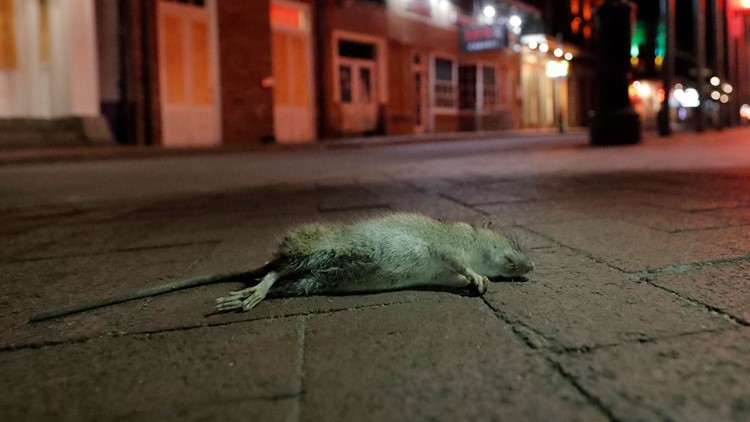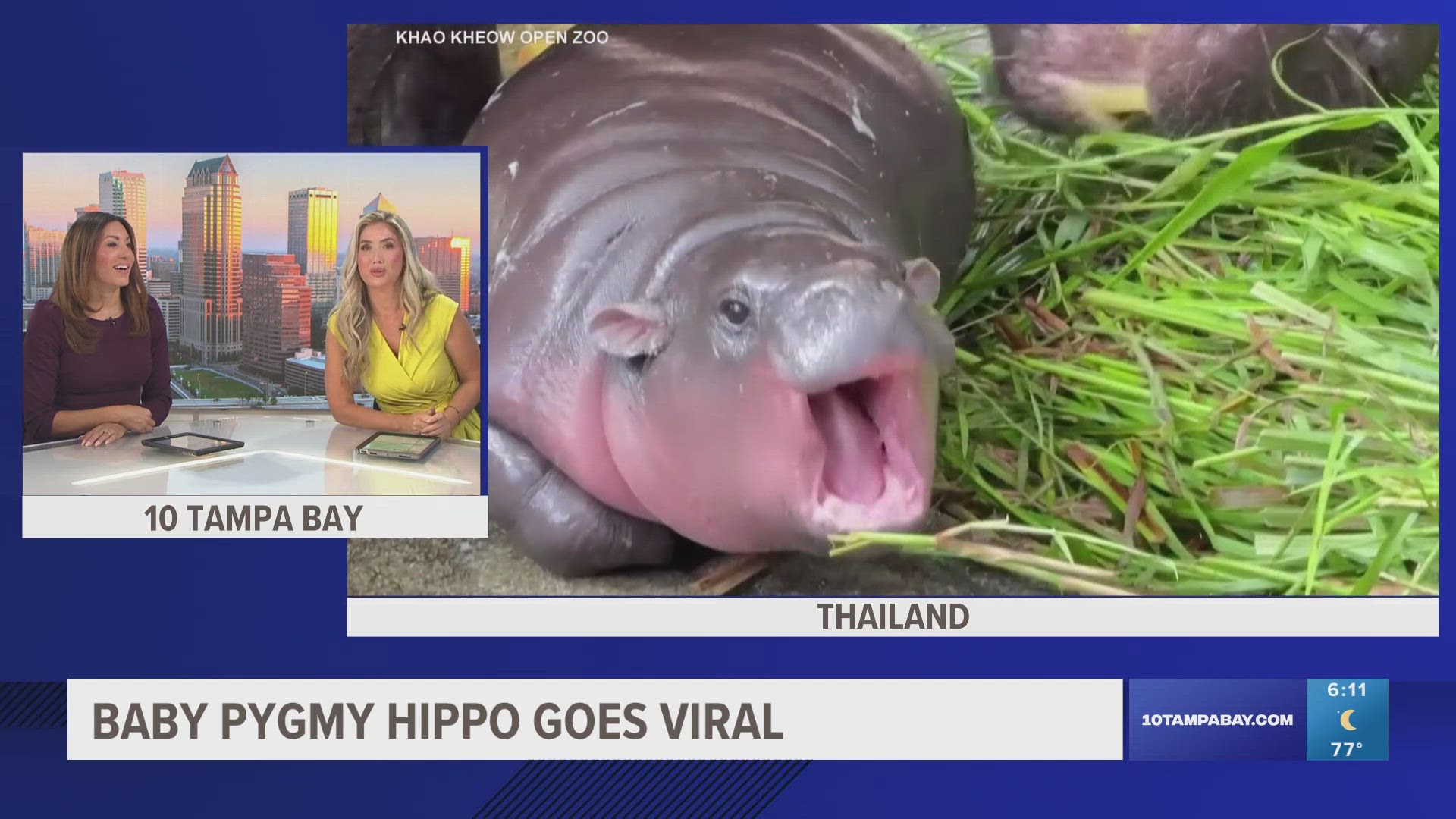NEW SOUTH WALES, Australia — Australia is facing one of the worst mouse plagues in decades. Millions of rodents are running amok in some of Australia’s eastern states, as farmers struggle to protect their crops.
One University of Sydney researcher told NBC News that at one point he and his family were catching around 100 mice each day inside their house.
"They’re all around the house. Every time you open a drawer, you’re potentially going to find one,” Guy Roth told the news organization. “You’ll be sitting at the desk and a mouse will run across it.”
Now, government officials are looking to control the outbreak with a deadly poison that's currently outlawed for use in agricultural fields. However, researchers warn that the use of the chemical could kill other animals or native species, causing wider environmental impacts.
According to reports from Bloomberg and The Guardian, the New South Wales Government announced a $50 million package to tackle the infestation and has asked the Australian federal government for approval to use the currently-banned chemical Bromadiolone.
“It’s actually the strongest mouse poison we can get anywhere on the face of the earth that actually will kill these things within 24 hours,” the state’s agriculture minister Adam Marshall said, according to Bloomberg.
According to The Guardian, rodent management researcher Dr. Peter Brown said bromadiolone stays in the bodies of mice after they die, which could cause it to travel up the food chain.
That means other animals, like birds of prey, could get secondary poisoning, which could affect the health of the environment as a whole.
James Jackson, the president of the New South Wales Farmers Association, said the possibility of native animals being impacted was “the lesser of two evils," The Guardian reported.
The news outlet reports that Australian government officials have already approved an emergency permit for double-strength zinc phosphide, which should help control the plague of mice. However, The Guadian says, researchers are not sure what benefit the addition of the more ecologically destructive bromadiolone bait would have.
What other people are reading right now:
- CDC: Fully vaccinated people can largely ditch masks indoors
- Local doctors, county leaders weigh in on how CDC mask guidelines will impact you
- Internal investigation determines Sarasota officer who pressed knee on man's neck, back did not use excessive force
- Your guide to jumping on the Tampa Bay Lightning bandwagon
- Donate to Cereal for Summer today!
►Breaking news and weather alerts: Get the free 10 Tampa Bay app
►Stay In the Know! Sign up now for the Brightside Blend Newsletter



